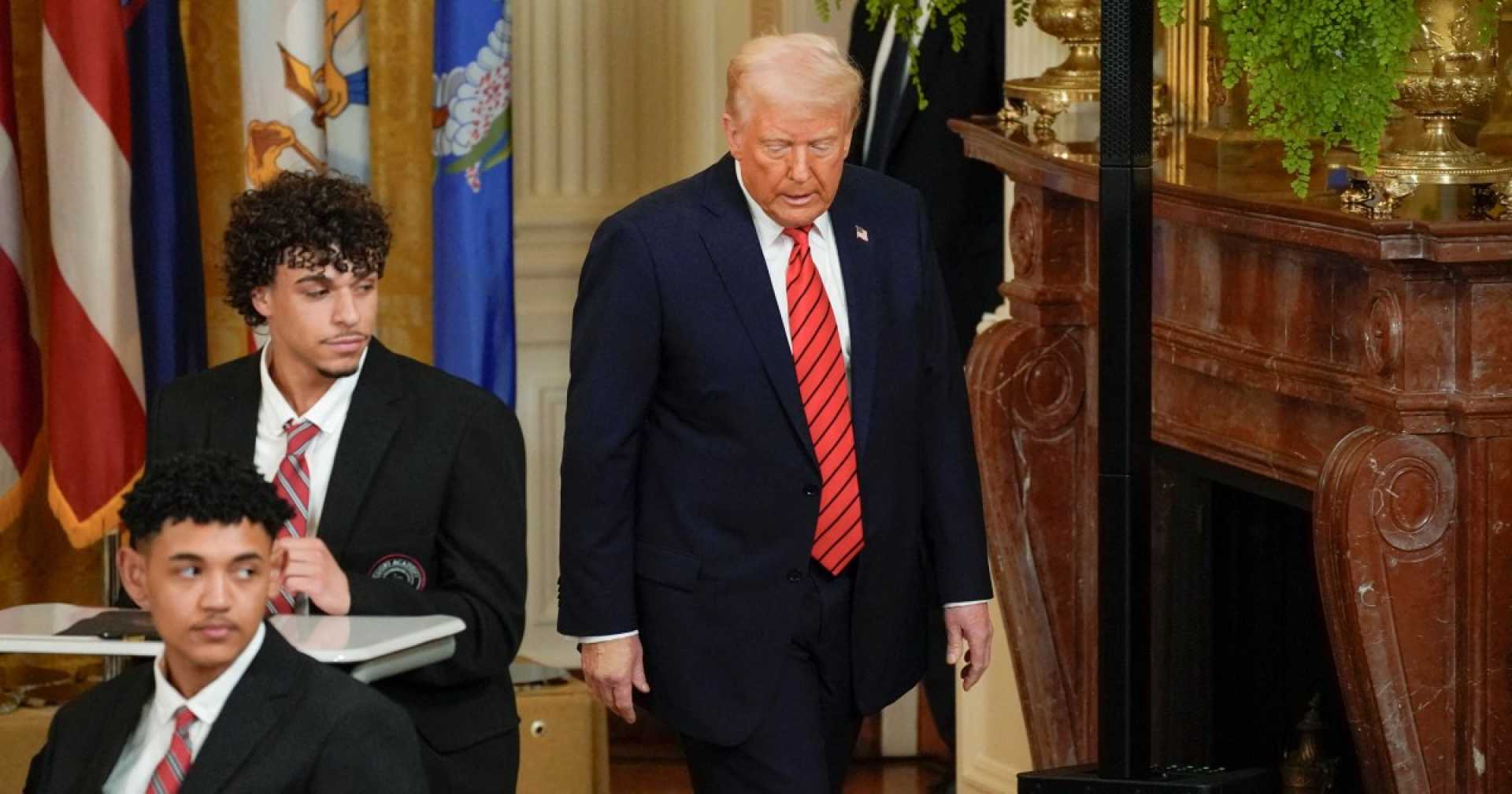Education
Trump’s DEI Policy Directive Faces Legal Fight Amid National Backlash

Washington, D.C. — President Donald Trump’s directive to eradicate diversity, equity, and inclusion (DEI) practices in public schools has sparked a significant backlash across the United States. Twenty-five states have chosen not to comply, while nineteen have initiated lawsuits against the federal government.
This conflict over Trump’s education policy represents a crucial clash between federal authority and state education practices. The administration has warned schools that failing to comply could jeopardize their federal funding.
The situation escalated following a strongly worded “Dear Colleague” letter issued by Trump in February 2025, which labeled DEI-related discipline strategies as “pervasive and repugnant.” Schools were given a two-week deadline to dismantle these practices, leading to an unexpected legal showdown.
A federal injunction issued in April has temporarily halted the administration’s enforcement efforts. Nevertheless, the battle over educational equity and discipline frameworks continues to unfold.
Unlike past administrations, Trump’s approach has redefined civil rights law in a manner critics argue is politically motivated. The directive advocates for compliance with what the administration defines as traditional discipline policies, effectively undermining DEI methods that were previously backed by federal guidelines aimed at addressing inequities in school discipline.
Educational methods under discussion, such as restorative practices and constructive student-teacher dialogues, were designed to remedy racial disparities in disciplinary actions, resulting from traditional punitive measures. The Trump administration, however, considers these approaches as reverse discrimination.
As of May 30, 2025, the nation is split: twenty-three states have aligned with the Trump directive, including Florida and Texas, while Massachusetts and Illinois are among the twenty-five states that have rejected it. Massachusetts’ interim education commissioner, Patrick Tutwiler, stated, “Massachusetts will continue to promote diversity in our schools because we know it improves outcomes for all of our kids.”
State officials are approaching this issue cautiously. For example, Kansas education commissioner Randy Watson advocated compliance with Title VI of the Civil Rights Act without acknowledging the Trump mandate. Other states have declared compliance while maintaining local programs that promote DEI.
Critics claim the Trump administration’s failure to define DEI jeopardizes its legal authority. The ambiguity risks transforming the guidance into a tool for inconsistent enforcement, with concerns that it may create ideological scrutiny rather than legal accountability.
The April injunction provides only temporary relief, and uncertainty persists as to whether federal funds will be withheld from noncompliant districts. Educators across the nation now find themselves navigating a volatile educational landscape, where compliance with politically charged directives clashes with commitments to equity.
The implications of this directive could redefine educational approaches, making the ongoing struggle over DEI significantly impactful for students and teachers alike.












